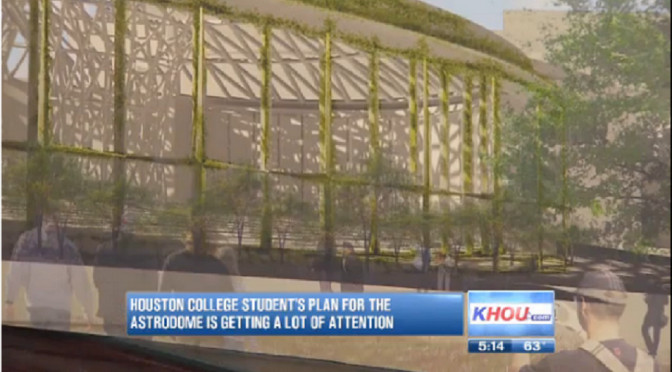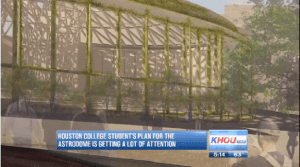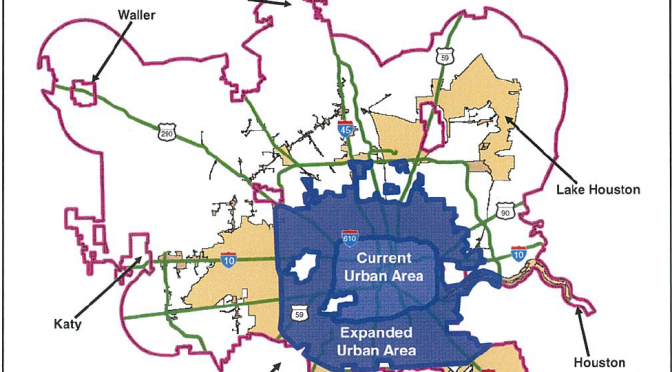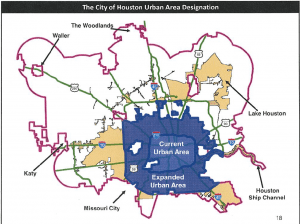I had the opportunity to sit down with Lane Lewis, chair of the Harris County Democratic Party. We discussed some of the activities of the county party, his thoughts about the renewed interest in Texas Democrats, and the possibilities of Texas Turning Blue. And as he said, talking about turning Texas blue is great, but it won’t get accomplished without decisive, coordinated action. There has to come a point where rhetoric meets the road.
Texas Leftist: Thank you very much for your time today, and I want to say Congratulations on the success of the 2012 elections, and a very exciting start to 2013. Now that we’ve had a bit of time to sleep and reflect, how do you think 2012 went from your perspective?
Lane Lewis: I thought they went very well, and we did what we needed to do. We are in the process of changing the culture of the party. We are creating a culture of organizing for 365 days per year. That’s what our Engage 365 initiative is about. We’re not staffing down after the 2012 elections… we’re staffing up.
TL: The notion of a year-round organization goes right into my second question. Do you think Engage 365 is going well, and will you be close to achieving that goal?
LL: It’s been going very well. We’ve had 3 events so far this year… a food drive, a blood bank, and a community garden project. All three have met or exceeded our expectations.
And let me talk about why these events are important. Some would say “you planted a garden… that’s cute.” But the big picture is to draw a series of bright contrasts between us and the other side. We partnered with a local, small health clinic, selected a plot of land on their property, and created a public space that benefits the life and health of the community. Right behind this future community garden is Booker T. Washington High School. Let’s work with the school to create a gardening club, and get the students involved in community service, as well as an educational opportunity. Republicans want to take away your health care, Democrats want to help you access it. Republicans want to do away with public and recreational spaces, Democrats help to create those public spaces. Republicans want to gut funding for education, Democrats want to build bridges and expand educational opportunities. We’re addressing healthcare, elevating community awareness, and building bridges with educators and community leaders.
You may ask, how do we get people to this event? Simple… we make phone calls, and invite them to the event. “There’s no election going on right now, but we’re creating a community garden in your neighborhood. Would you like to be involved?” and they say “Sure!”. At the same time, we’re cleaning up our voter list. We go to area elected officials to sponsor the event. That way, we’re elevating their profile in an off year, and it’s easier to get them reelected next time.
At the base of the project, we’re leaving a cornerstone that says:
“Engage 365- Community Garden Project for the Indepence Heights Health Care Clinic. Sponsored by the Harris County Democratic Party, and elected officials.”
We leave it there as a permanent reminder for visitors to the clinic. These people [the Democrats] believe so much in your need for these services, that we’ll put our money and our name on it. It’s not just a “cute idea”.
The garden received press coverage from both Univision Channel 45 and the Memorial Examiner, which you can read more by following the links.
TL: Sounds like an investment all the way around, and again a great segway into the next question. Do you feel that Democrats in our county are doing a better job at being on offense? Are we better able to set the political agenda instead of always having to respond to the agenda of the GOP?
LL: Yes, most definitely. We are taking action, and not reaction. Reactions over the long term typically arise out of a lack of leadership and direction. If we don’t know where we are going, then we’re forced to simply react to wherever we are. A great example of action is the new Harris County Democratic Party website. It’s integrated socially with Facebook, Twitter, YouTube and other sites. I challenge you to find another county party website in the entire country that is as sophisticated as ours. That, ladies and gentlemen is ACTION… where the rhetoric meets the road.
In my opinion, the off years are when it’s important to begin merging the ideas of community organizing with political organizing. That’s when people can say “it’s not just about getting me to vote. It’s about people participating in my neighborhood.” At HCDP we are marrying community organizing– finding solutions to people’s real life problems, with political organizing– getting people to vote, and better understand the importance of doing so.
TL: A very “small d democratic” solution. And that brings up an important point. With all of the crazy debates in our legislature right now… fighting tooth-and-nail to expand Medicaid and meet the growing needs of Texas schoolchildren… is there anything “off” about 2013 for Texans? Do you feel that the groundwork being laid with HCDP can be translated back into political action for 2014?
LL: Well, here’s an example… in 2010, I was the Senate District chair for SD15, and at that time I designed a program called 24/15. I wanted a test some theories regarding Social Pressure voting. So I took my list, and hired a group of CWA workers, and gave them each a co-hort of people on the list. They called the voters every week to give them information about the voting leading up to election day. We informed them about early voting, then found early vote locations that were convenient to their work and their home. We made notes on every call, and when we called the voter again, based our call on the previous conversation. The final call “you gotta promise me that you’re going to go early vote, ok?” until we get a good response from the list. 2010… Democrats got their butts kicked across the country, but in SD15? 62 percent of that list went out to go EARLY vote.
TL: Very impressive. With all of the buzz surrounding Texas Democrats all of a sudden, and many people giving the state party a second look, Harris County is sure to be a major focus of those efforts. As the largest county in the state, with the most potential to tip the scales in a statewide election, what are your goals for the county in 2014 and 2016.
LL: You’re absolutely right. 1 out of every 4 votes cast in Texas come from Harris county. So yes Harris is a player, it’s got to be a player. When Harris county goes reliably blue, Texas goes blue. The state certainly can’t go blue without us. When that happens and Texas flips, there is not an electoral map you can show me where a Republican candidate can win without Texas. It would be GAME OVER for generations. So what are we going to do to expedite that? We certainly need to focus on creating a larger voter share by identifying new voters and building relationships with them. Some reports I’ve read say there are as many as 600,000 non-registered voters in the county. We focus on them, and get even 80,000 to go vote, it’s game over here as well.
TL: Of course besides 2014, we have several local races in 2013, but many of these races are non-partisan. Given that fact, does HCDP play any particular function in these local races?
LL: Yes and no. I have absolutely no intention of placing the party in a position to endorse any municipal candidate… particularly if there is more than one Democrat in the race. However, I do think there is something to be said for providing voters two things. The first is a voter guide to inform voters of which candidates typically vote in the Democratic primary, whether or not they are a sustaining member with the Democratic Party, and to share candidate views regarding important Progressive issues. I think we have a responsibility to provide those things to the voters. I also think that HCDP has a responsibility to assist in the turnout of vote. We can still inform voters of Democratic issues, and use this as an opportunity to update our list with accurate voter information. We can also assist with information about the elections, such as where and when to early vote.
TL: Good to hear that HCDP definitely has an important role even in non-partisan election years. And that brings us to my last question. Maybe it’s too early to talk about 2014, but do you see any major races shaping up?
LL: Nope not yet. No one that is going to step forward that I know of. And sure there are always rumblings, but I don’t report on rumblings. The message here is this… 2013 is an extension of 2014. We cannot sit back and idle by waiting for 2014 to come. So the actions that we take now to increase our voter share are imperative. This is where the rhetoric meets the road. As fun and engaging as it is to sit around and strategize, there are very few political strategists in the world. And we don’t need more political strategists… we need more political WORKERS. Texas is going to turn blue, but it is not going to be an event. It’s going to be a process. And that process requires hard work. If Texans participate in that process, then the event will happen sooner rather than later.
TL: And what about statewide candidates?
LL: If we expect a Senator, Mayor or State Rep to put their name out to run for state-wide office, the first thing they will look at is their ability to raise money. The second thing they’re going to look at is capacity for voter turnout. Now the problem is this… the only way they can raise money is if the answer to the second question is already there. The big money isn’t going to contribute without knowing voter turnout and engagement (the answer to the FIRST question) is already in place. So when people ask me “who have we got running for Governor?” my question to them is “How many calls have you made today? How many doors have you knocked on today?” Because if the answer to my question is ZERO, then the answer to their question will most certainly be ZERO. The money will come… the candidates will come when we’re doing our job. That job is to raise a dollar, knock a door and make a call.
TL: It sounds like quite the job, but Texans are ready. Thank you very much for your time today.
For a previous interview with Chairman Lane Lewis, check out Charles Kuffner’s Off the Kuff article from last year.









